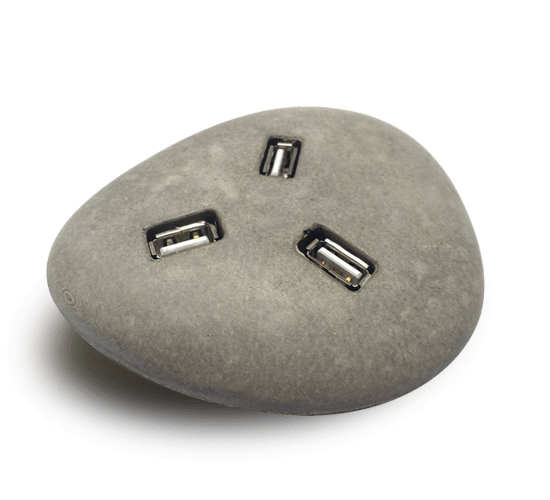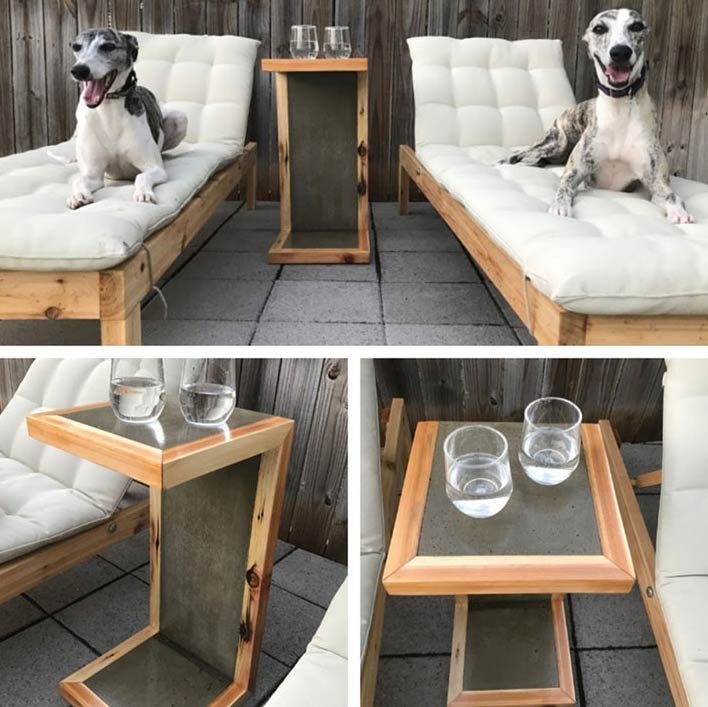Design/Build Competition: Make Something Out of One Bag of Quikrete
First prize is $2,500, and based on last year's winner, you've got a good shot at this
For the third year in a row Quikrete is running their One Bag Wonder Competition, where entrants design and build something using one bag of their product.
First prize is $2,500. Second prize is $1,500. Third prize is $500. Fourth prize is a big bag of nothing.
Here's a look at some of the entries from last year's competition:
 Enter a caption (optional)
Enter a caption (optional) Enter a caption (optional)
Enter a caption (optional) Enter a caption (optional)
Enter a caption (optional) Enter a caption (optional)
Enter a caption (optional) Enter a caption (optional)
Enter a caption (optional) Enter a caption (optional)
Enter a caption (optional) Enter a caption (optional)
Enter a caption (optional) Enter a caption (optional)
Enter a caption (optional)And I don't want to malign the winner, but a big reason I'm posting this entry is because I'm certain a talented Core77 reader will have a good chance of winning, based on the entry that won last year:
 Enter a caption (optional)
Enter a caption (optional)Competition details are here.
-
oFavorite This
-
Q6Comment
K
{Welcome
Create a Core77 Account
Already have an account? Sign In
By creating a Core77 account you confirm that you accept the Terms of Use
K
Reset Password
Please enter your email and we will send an email to reset your password.


Comments
To the author who wrote this article, thank you for featuring my work. I believe you should credit each person's work in this article.
Agreed, he should give credit.
Is the fifth one from the top, a footrest / floor-mat made with literally just the bag of quikrete?
How do you think they made the winning entry? Really soak some kind of fabric withquikrete and sort of slop it over a small table until it set?
I was thinking the same thing! Visually not my fave, but technically, is, how did they do it?
Mix wet concrete with burlap and set it over a shape. You can reinforce the structure with more layers if required.